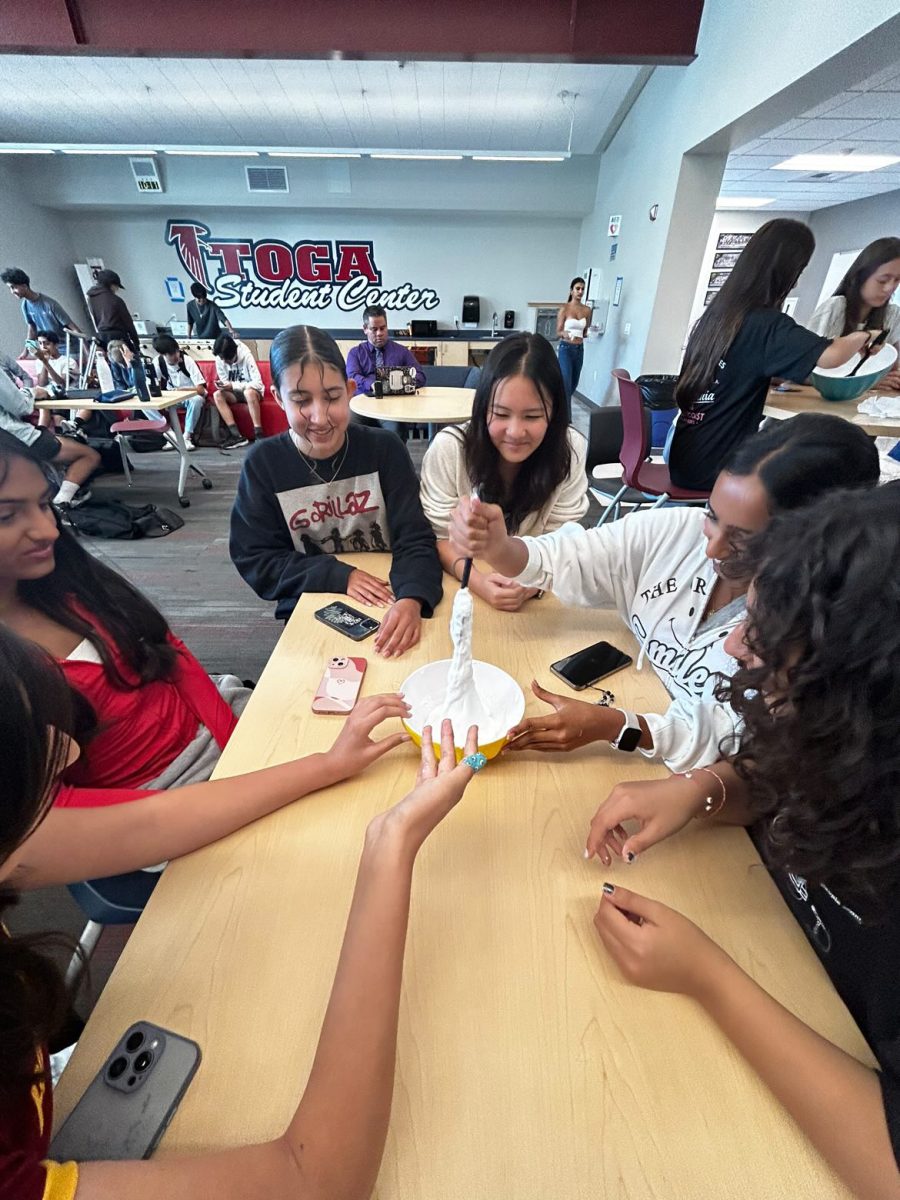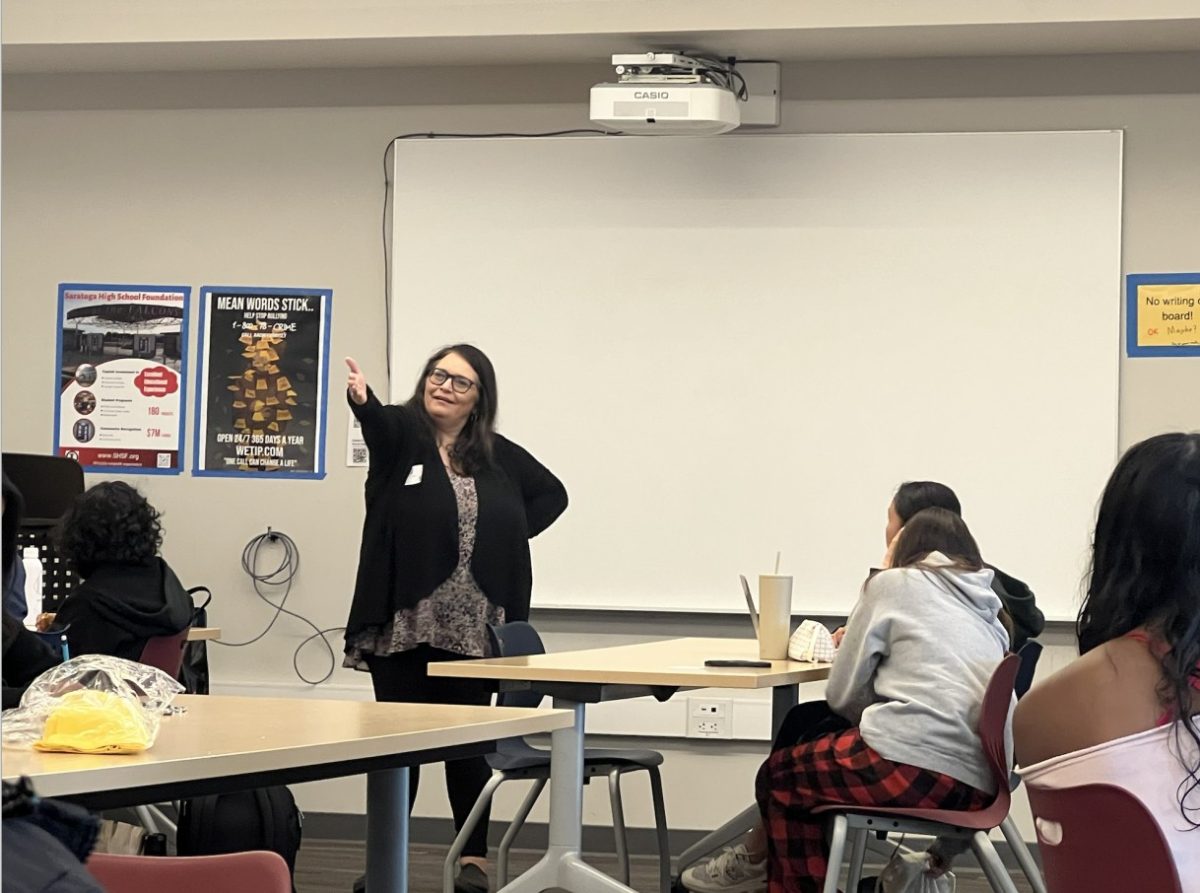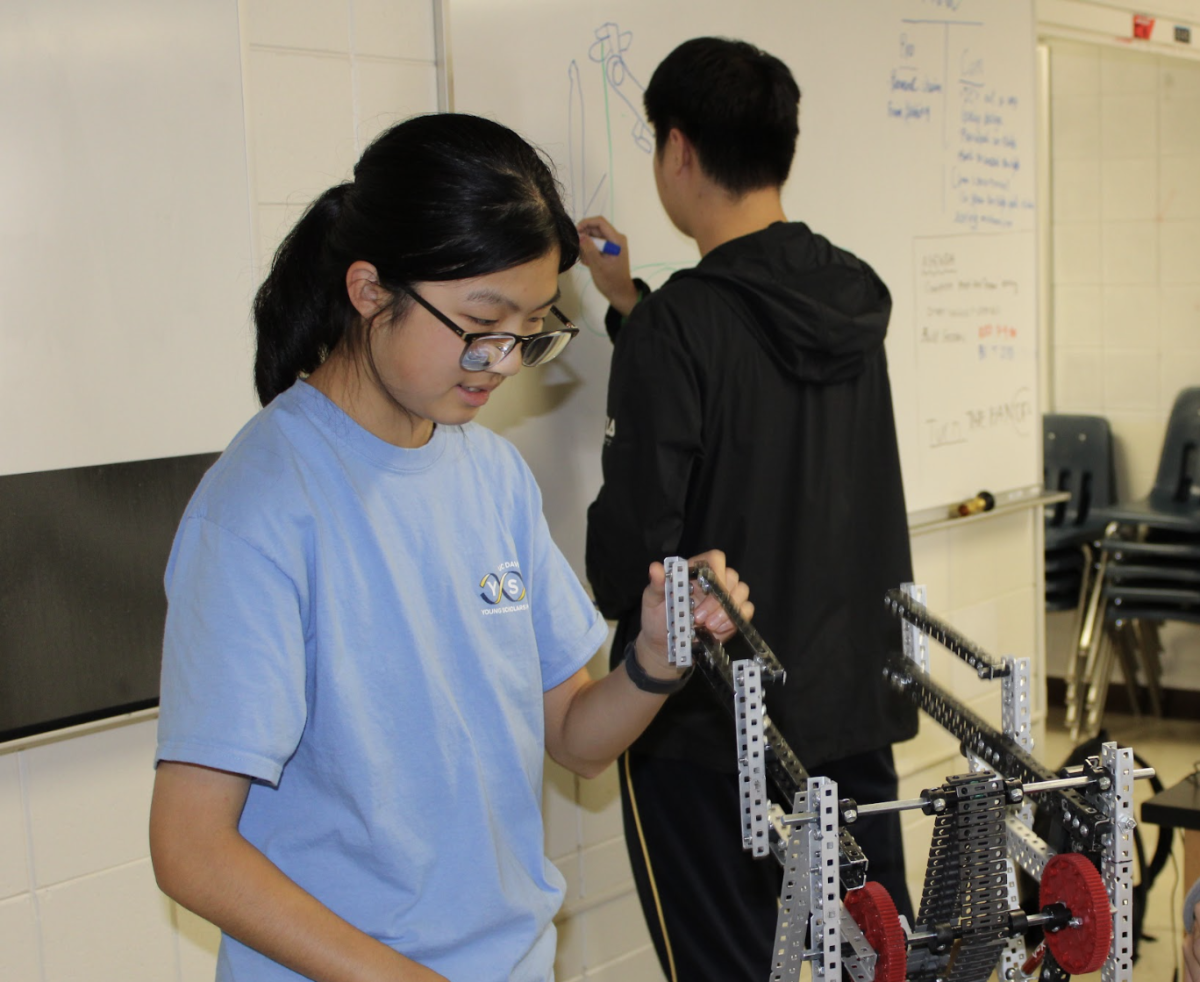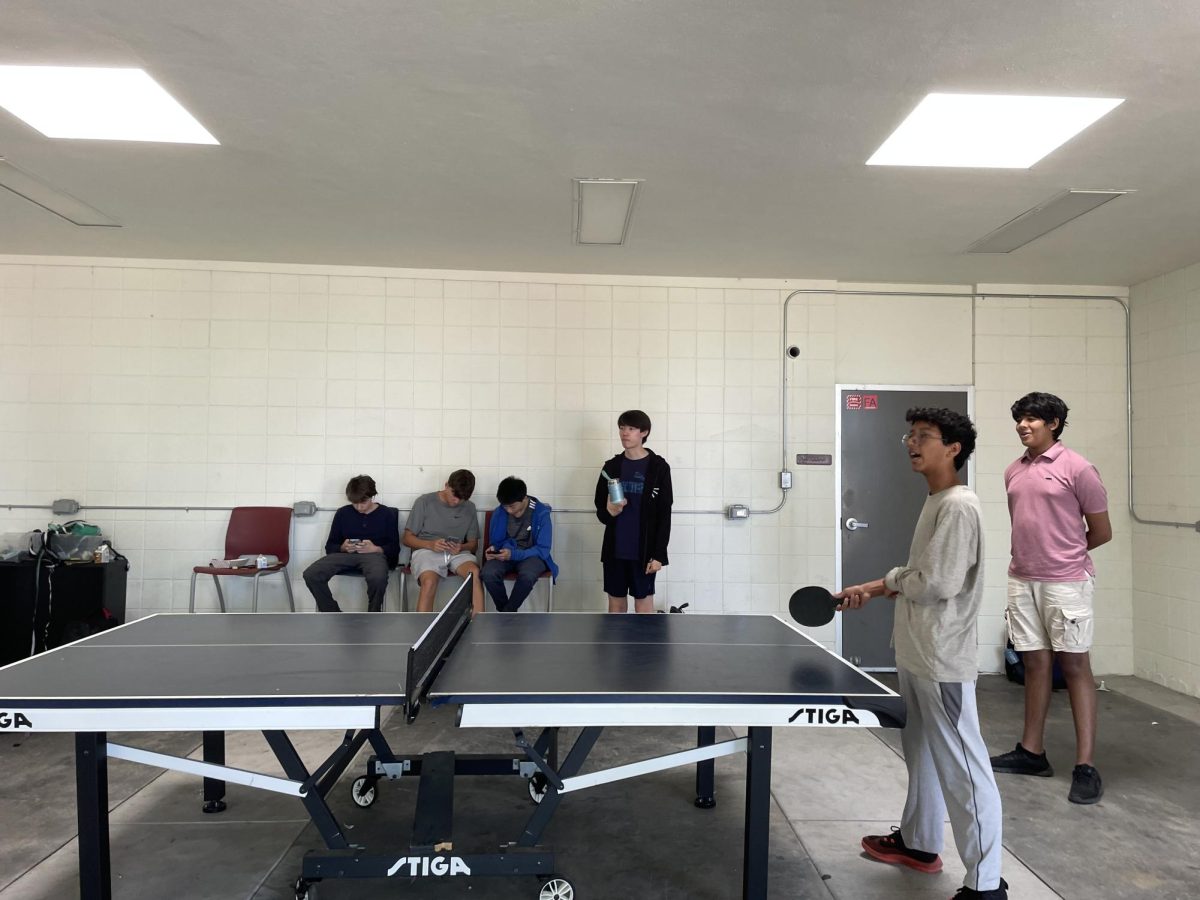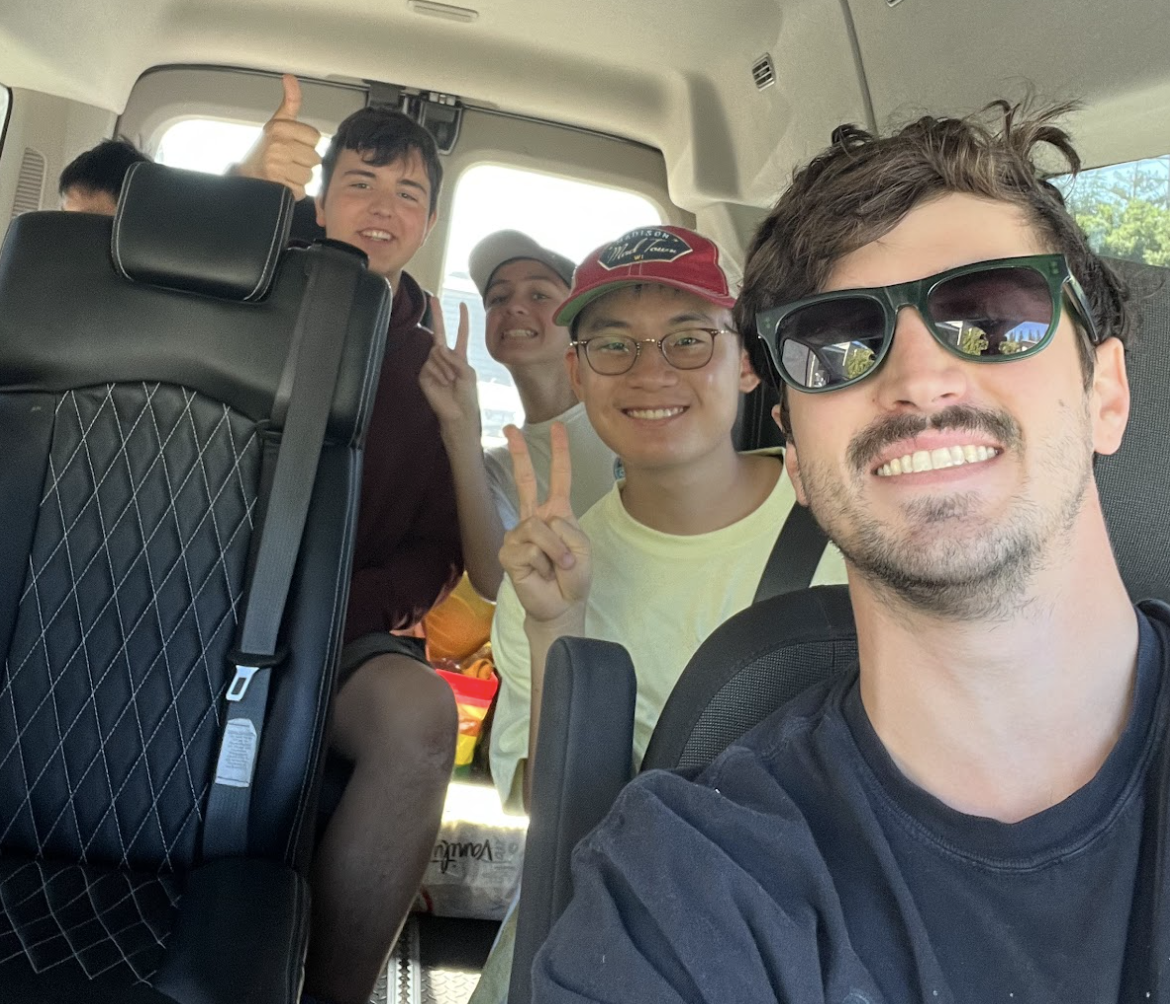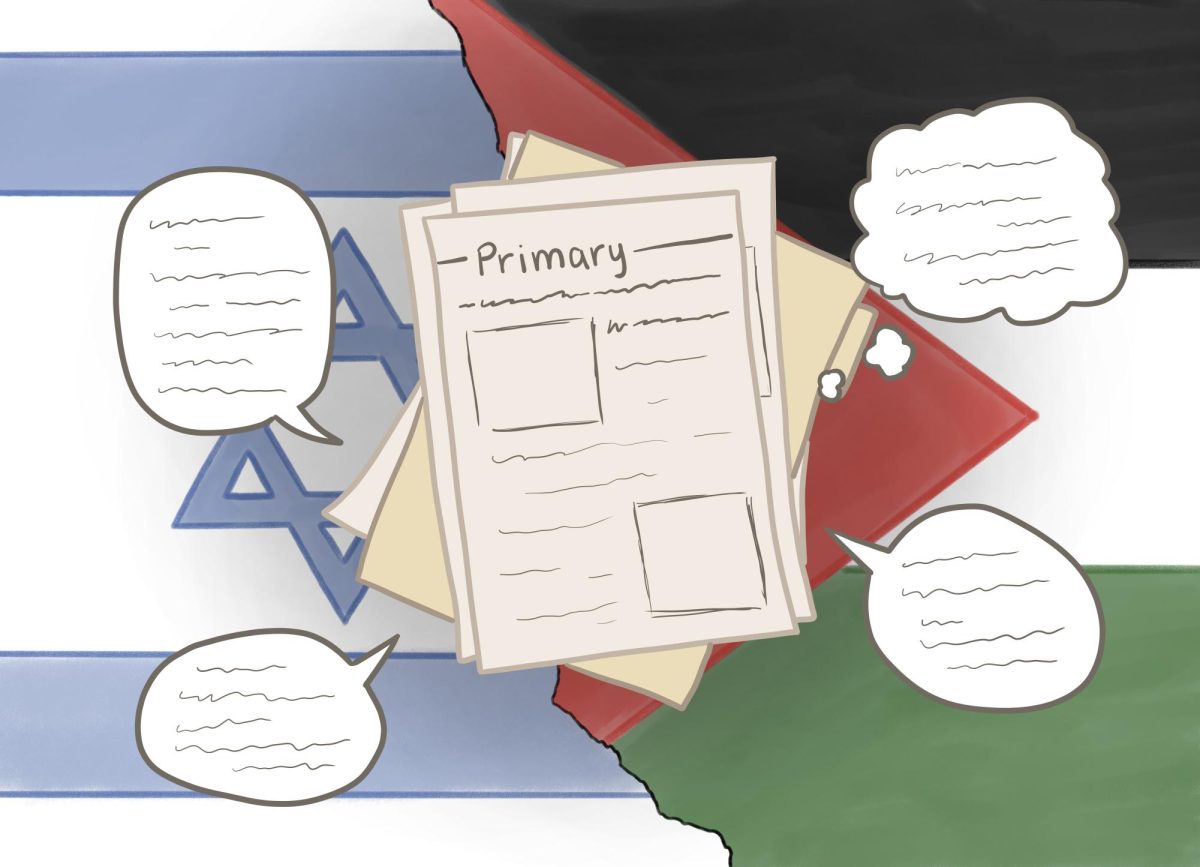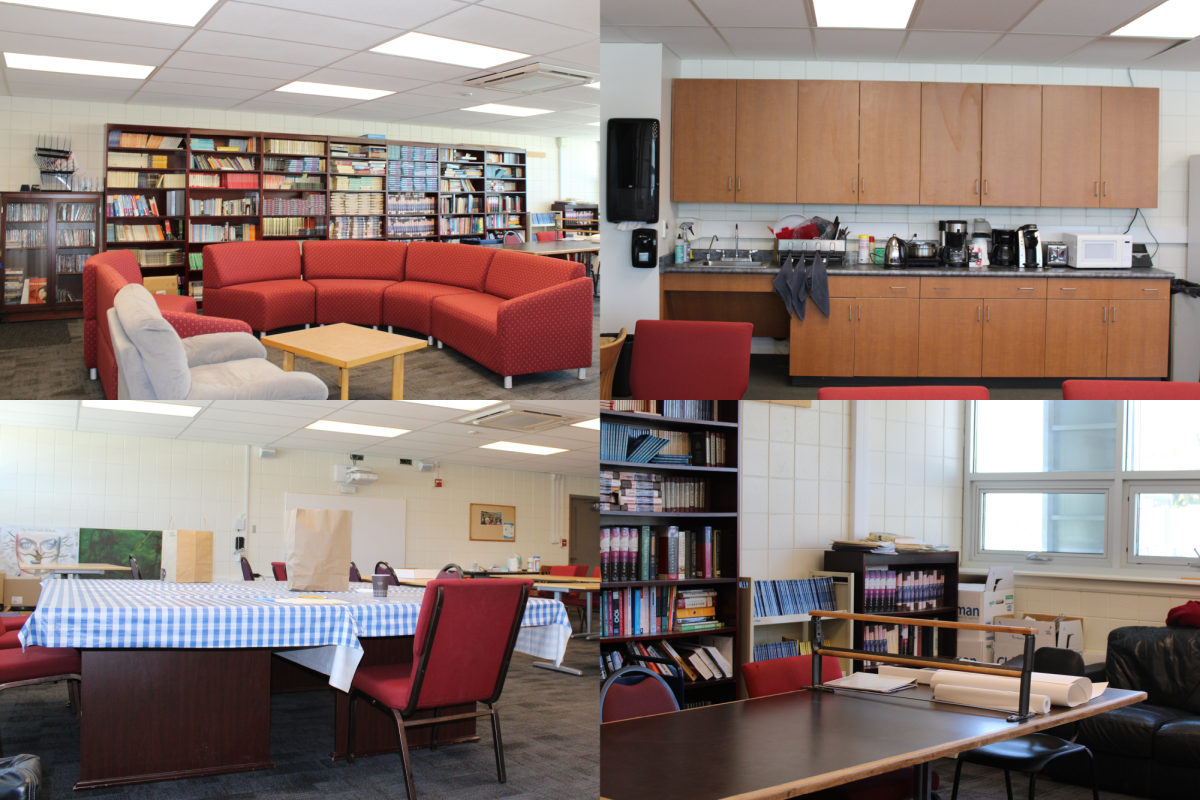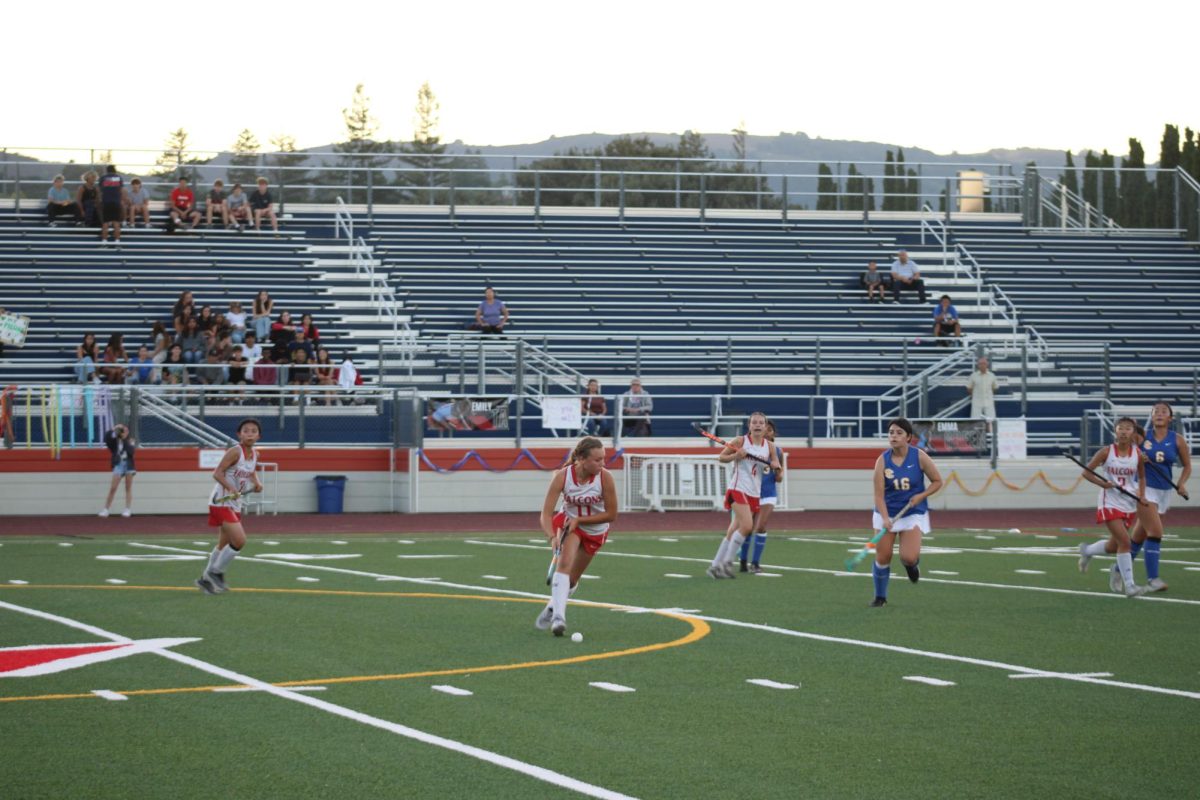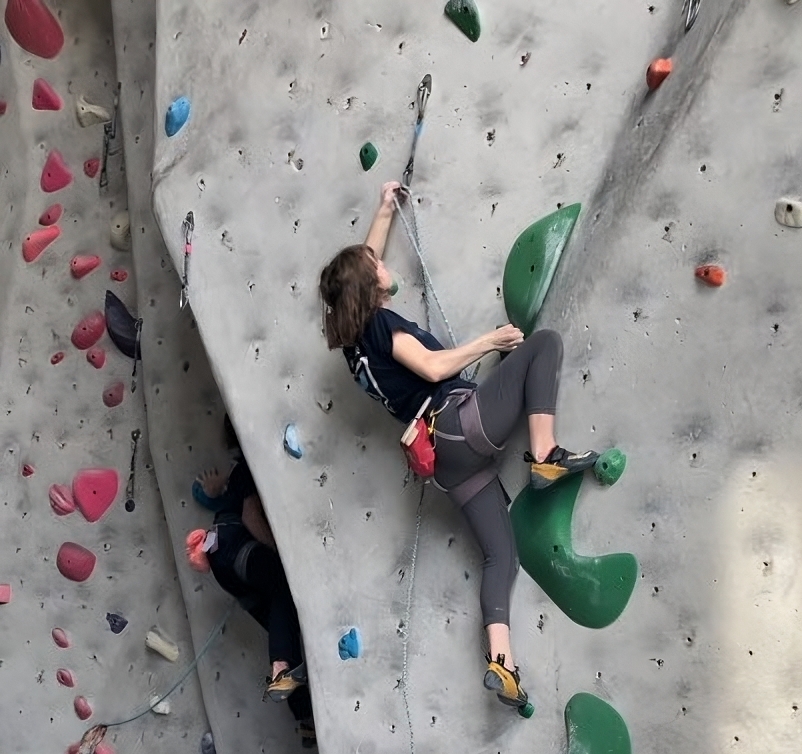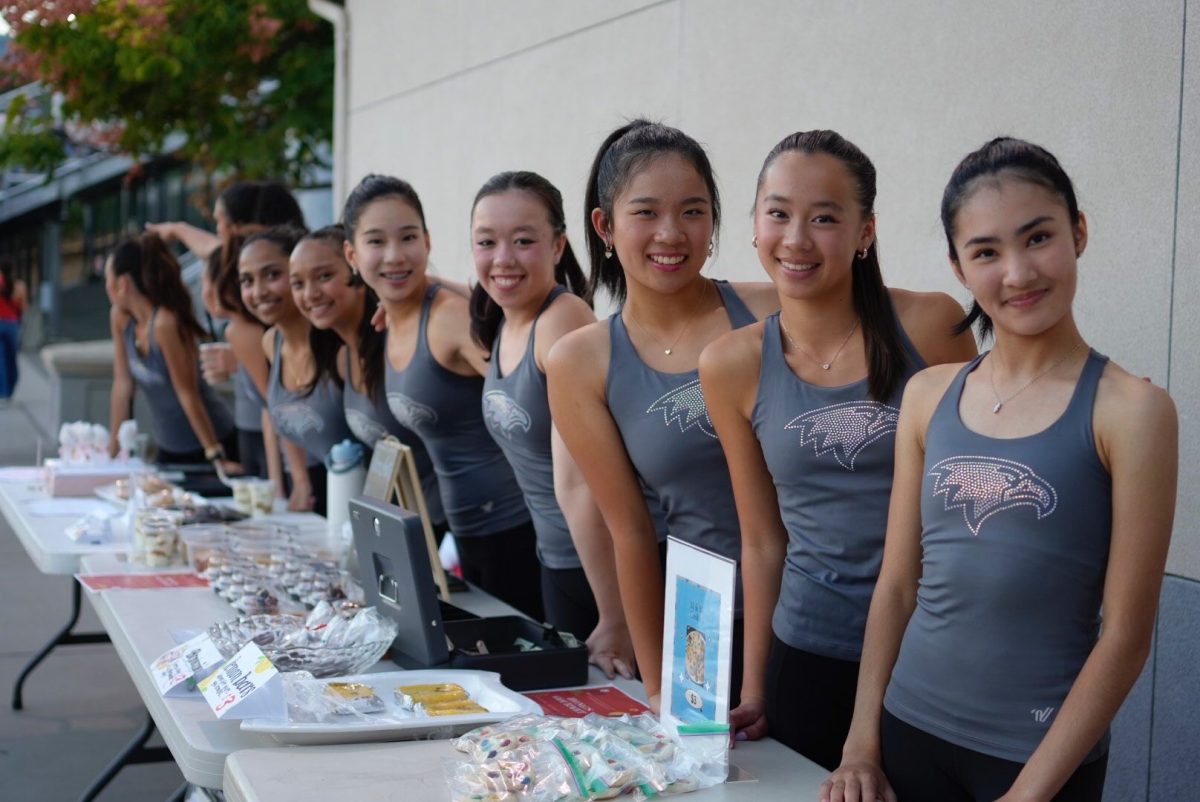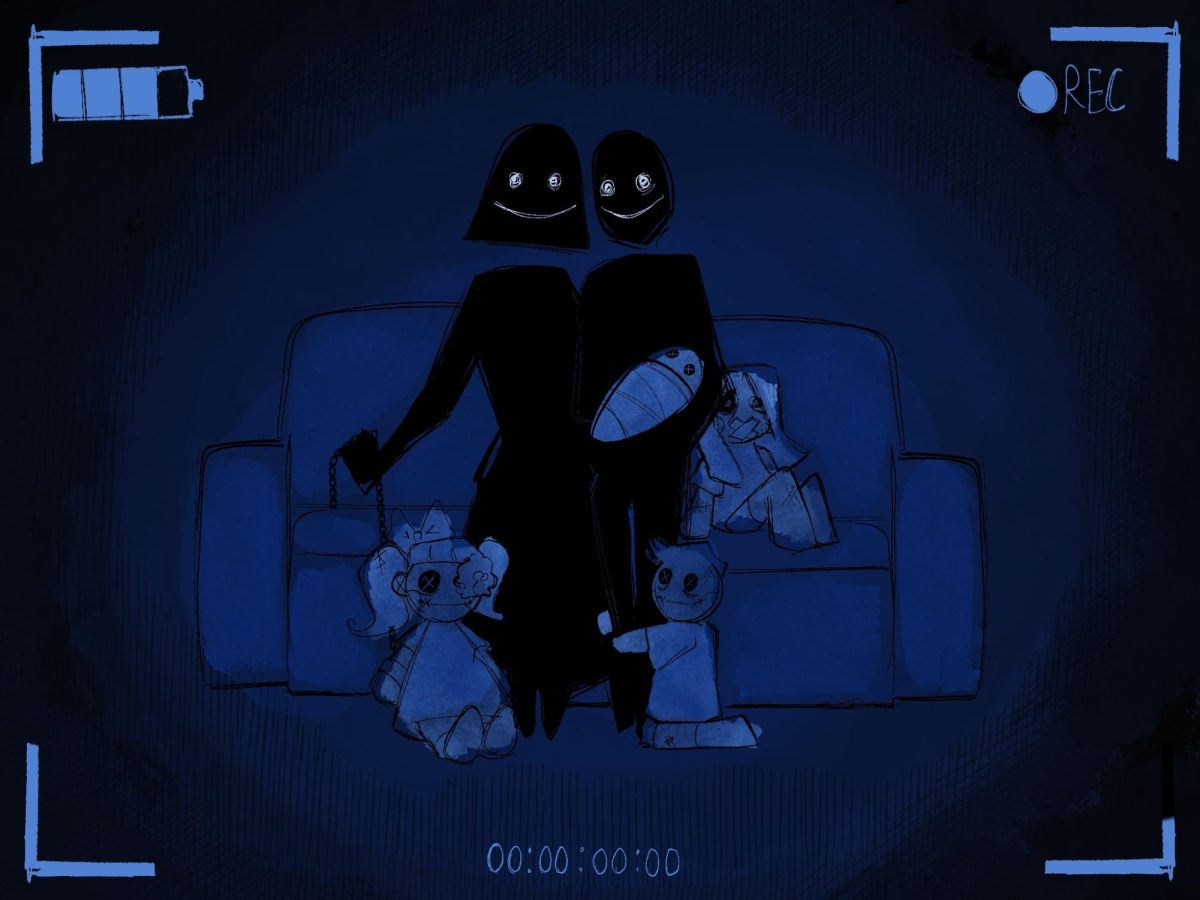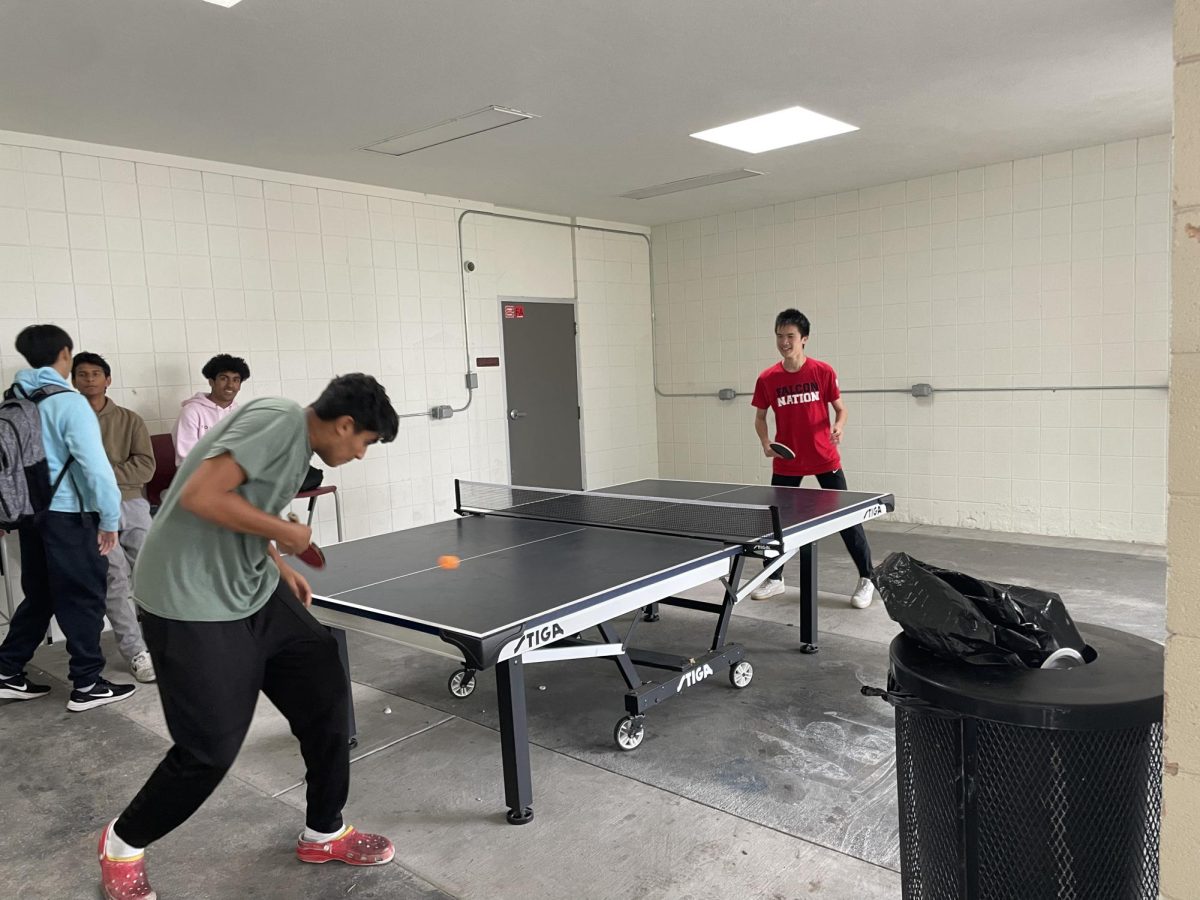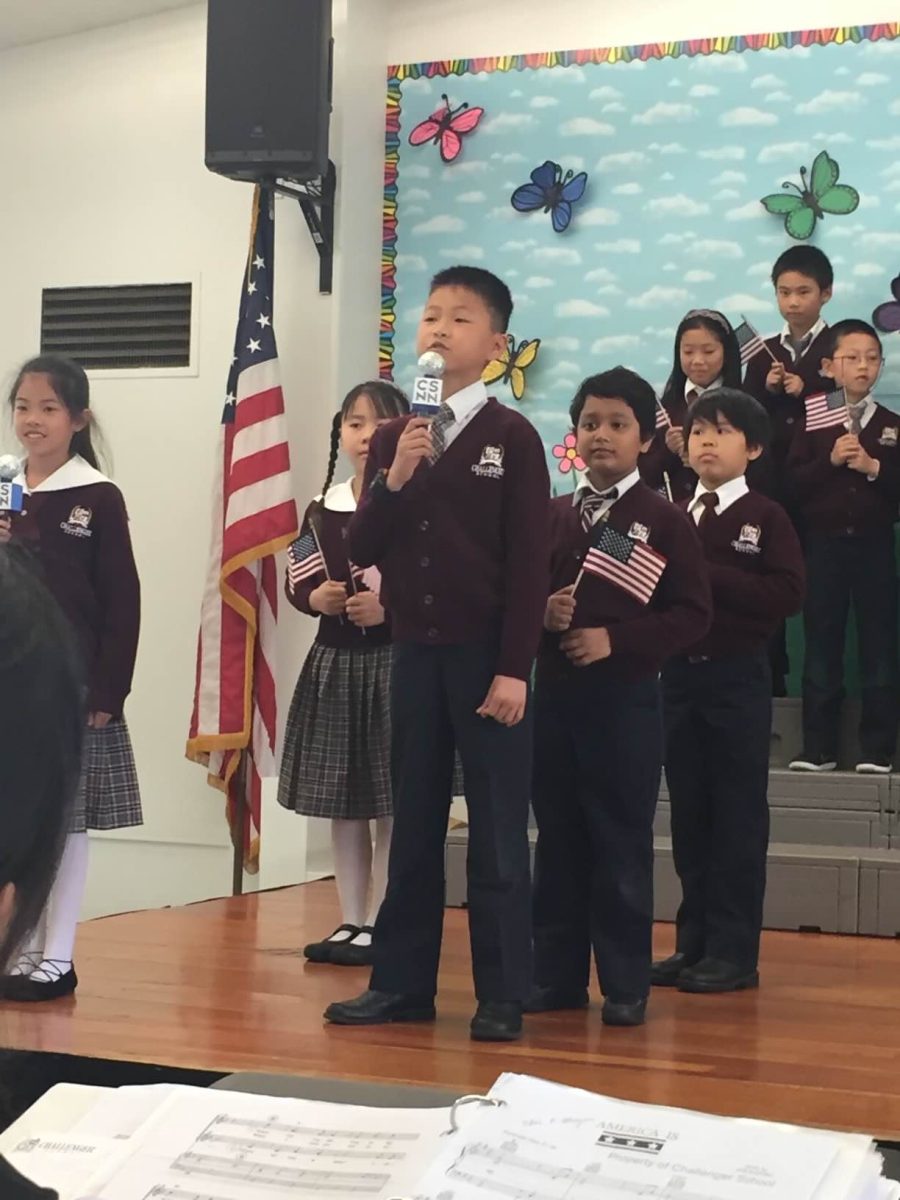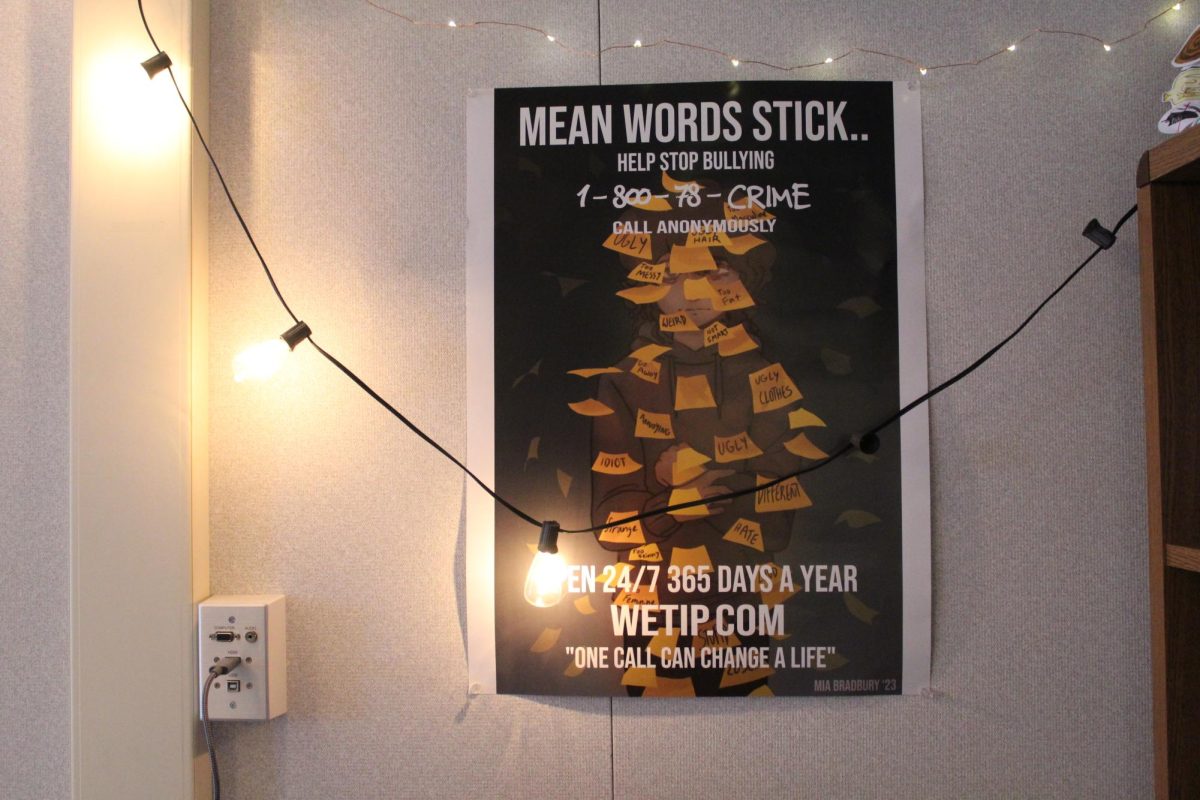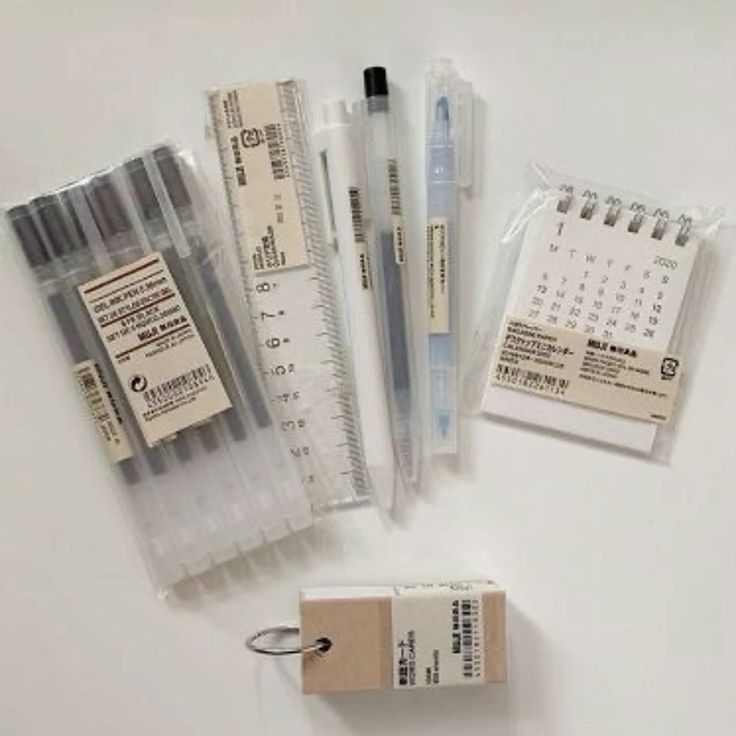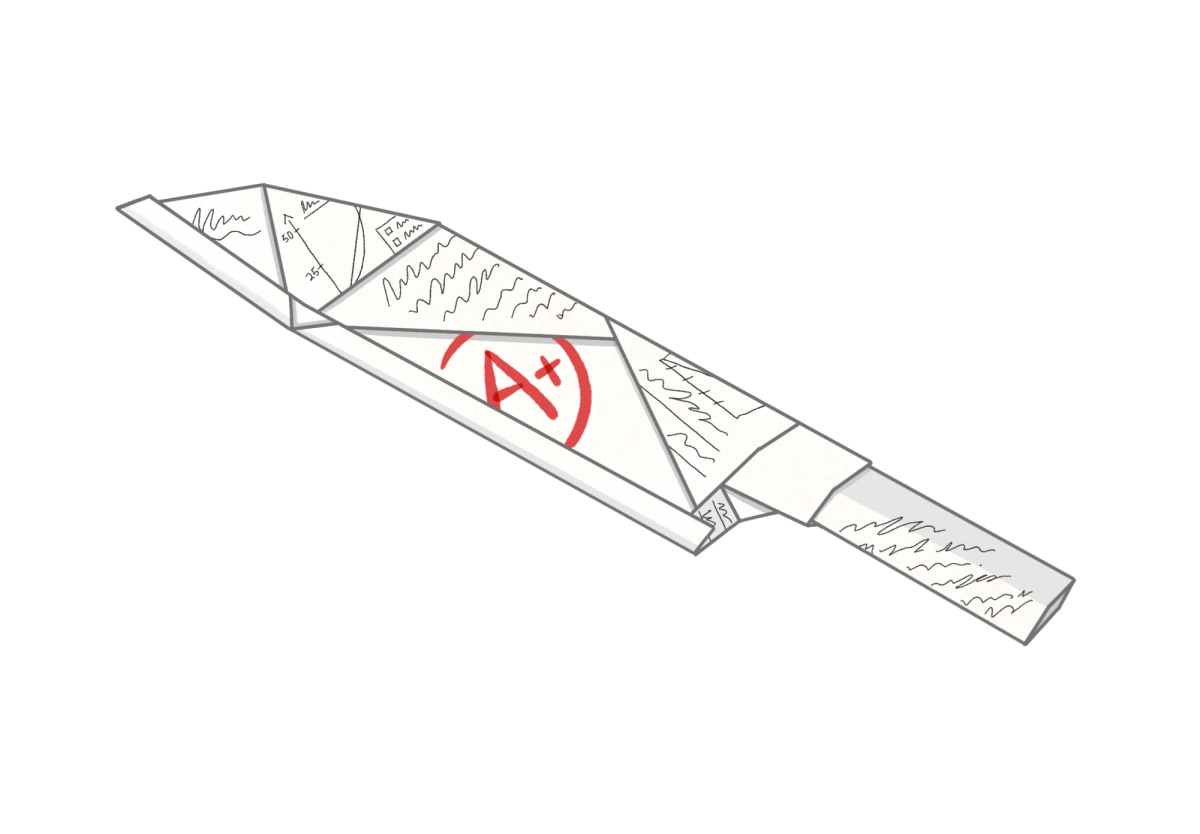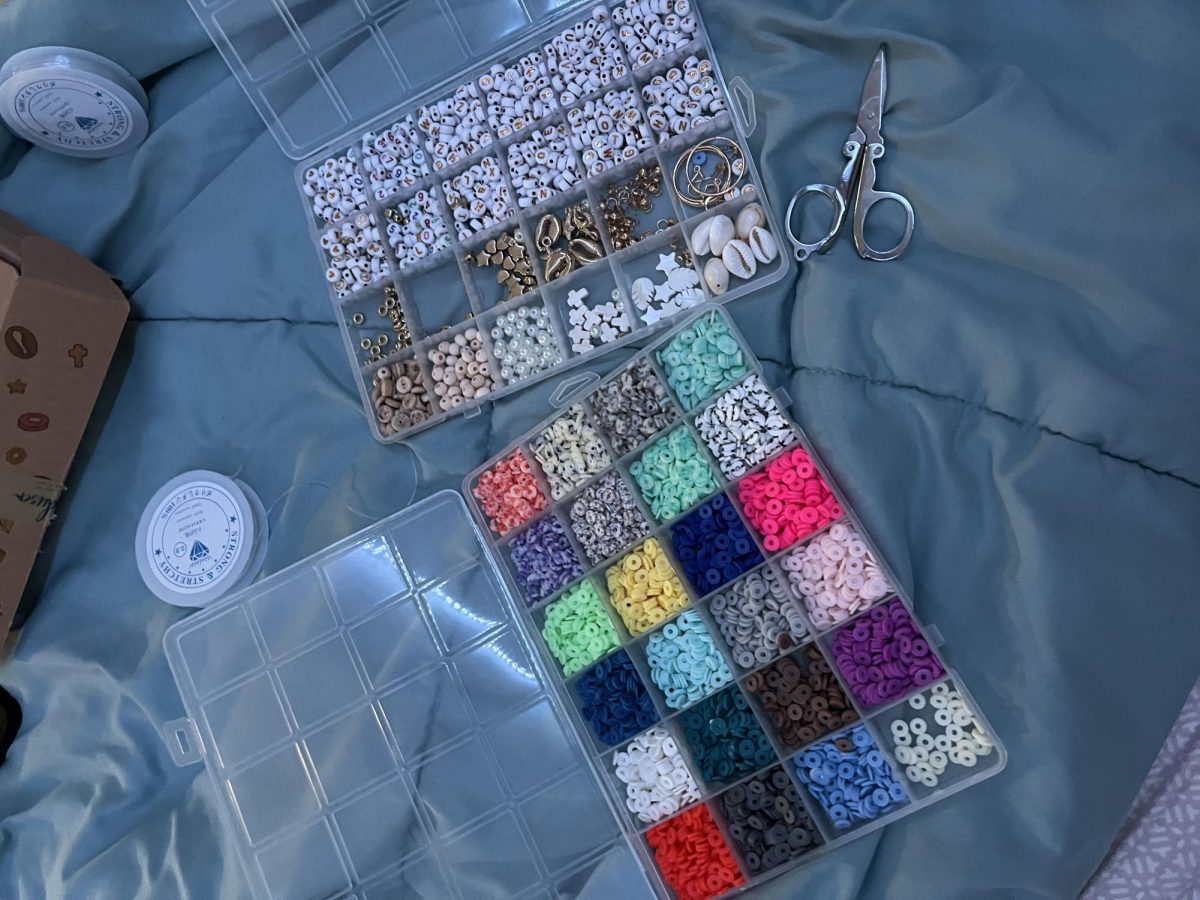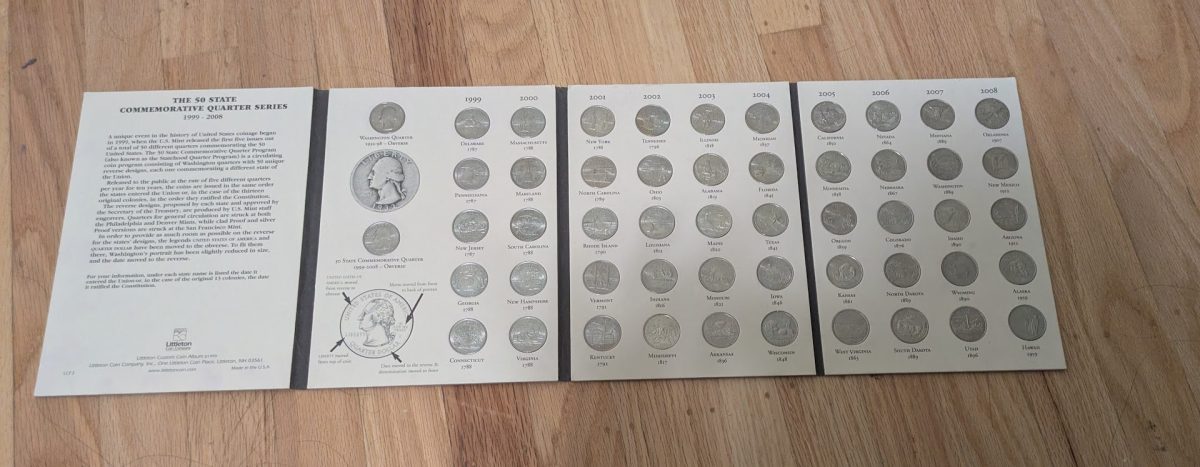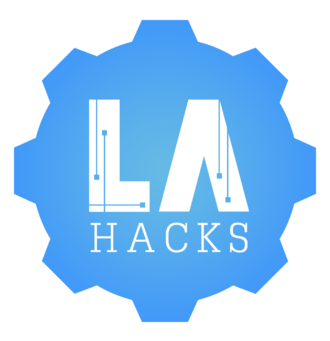Eight hours into this year's 36-hour, LA Hacks hackathon, which took place virtually March 27-29, the team of freshman Mason Wang and sophomores Howard Huang, Vignav Ramesh, Tony Jiang and Mathew Wang had not managed to write a single line of code. Instead, they were stuck discussing what app design to build, leading to intense debates among the team members.
Eventually, the group began rallying around an idea inspired by Mason’s mother, a realtor who wished to efficiently create virtual house tours for prospective buyers as a result of the COVID-19 lockdown. Rather than going from house to house and using a 3D camera for each room, the team figured that it would be more convenient to construct the house using software.
Their solution was Archiscape, a web application that takes in image files of 2D blueprints and outputs an interactive 3D model of the corresponding design. Using research and machine learning among other essential topics, the group rallied past the challenges and came up with a working, stable prototype that placed first of over 200 submissions from all across the nation.
Due to the COVID-19 pandemic, the fair took place online for the first time since the competition’s inception. Team members worked from their own homes, though they continued to constantly collaborate and work together on the tasks.
Before starting to code, the team went through all kinds of research papers and GitHub repositories (online stores of previously written code) on the subject to gain intuition on how they should implement their idea.
After a few hours, they started work by dividing and conquering. Jiang created the Firebase/Google Cloud Server backend, which allowed their software to work with and connect to the cloud. Huang and Mason designed the User Interface, allowing the user to interact with the program and input their data. Ramesh and Mathew developed data-conversion and Machine Learning, which would be used to convert the inputted 2D images into 3D models, and soon became one of their greatest hurdles in the entire project.
“Our biggest challenge was getting the 2D blueprint to render to 3D,” Ramesh said. “Integrating the point density feature to reconstruct the floor plan into a walkable tour was also a really big challenge, as this was technology we weren't familiar with.”
Regardless of their initial obstacles, the team is overall satisfied with the way their product turned out. They still plan on developing Archiscape further by making it more convenient for architects to directly edit the 3D model, by automatically generating virtual tours from recordings and by generalizing their application beyond real estate and construction.
“If this pandemic continues any further, I think our idea has potential in the real world,” Jiang said.
The positive hackathon experience continues to pay off, as the team’s members are very excited by the opportunity to work together and possibly continue developing Archiscape.
Hackathons generally have proved to be well worth the stress. Beyond LA Hacks, all members of the team have previously attended high school hackathons including Los Altos Hacks, OmniHacks, QuestHacks and FrontierHacks. In general, Jiang finds them a rewarding experience and an incubator for new ideas.
“I think the most valuable thing you gain from hackathons is how to work effectively in a team,” Jiang said. “Since up to five people are working on one piece of code, effective communication and task management are needed to keep everyone focused.”

